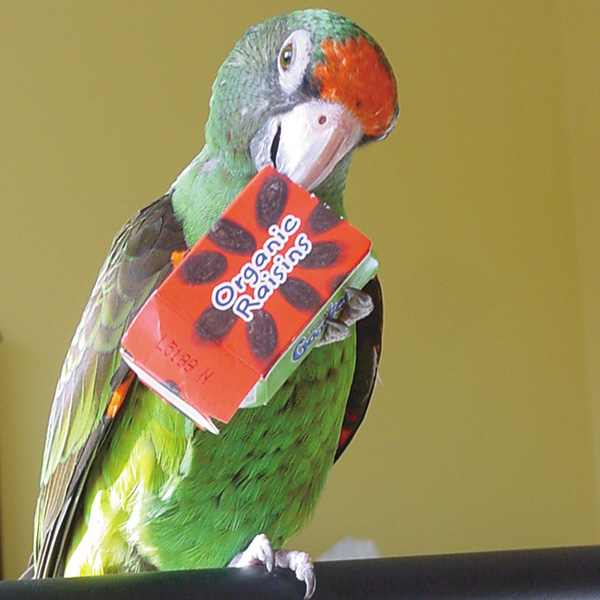 By John Catchpole
By John Catchpole
Buying a pet, particularly a parrot, is a very big commitment, and because of longevity, a parrot may well outlive you so great thought must be considered if you decide to include one into your life. If you are buying for a pet (companion) be fully aware it will become a major part of your family, and will probably still be around when your kids have grown up and left home! Below are some issues you should take into consideration.
- Take great care when considering which species will best suit you and your family
- Be sure you are buying from a reputable seller - do some research and ask questions
- If you live in a densely populated area, make sure you won't upset your neighbours as some parrot and parakeets can be quite noisy
- If you decide to buy a baby bird, make sure it is fully weaned and can independently feed itself
- Make sure you get a comprehensive bill of sale that fully identifies the bird and whether or not it is suitable for the purpose - pet or aviary for example
- A good sign is if the bird has a closed ring (a one piece ring, not split) on its leg or better still, has been micro-chipped
- Make sure you know the bird's history and where it has come from
- Make sure it has been bred in your country and has not been imported, which would mean it had probably been wild caught and survived a gruelling journey
- Consider what will happen to your bird when you go on holiday or are away
- Are you prepared to deal with veterinary bills from time to time?
- A healthy bird should appear 'bright eyed and bushy tailed', if it is not, it may well be unwell. However, it can be quite tiring spending a lot of time 'on sale' so don't jump to conclusions too quickly!
- Beware of cheap deals as they can turn out to be the most expensive
Photo courtesy of Andrew Marven.

